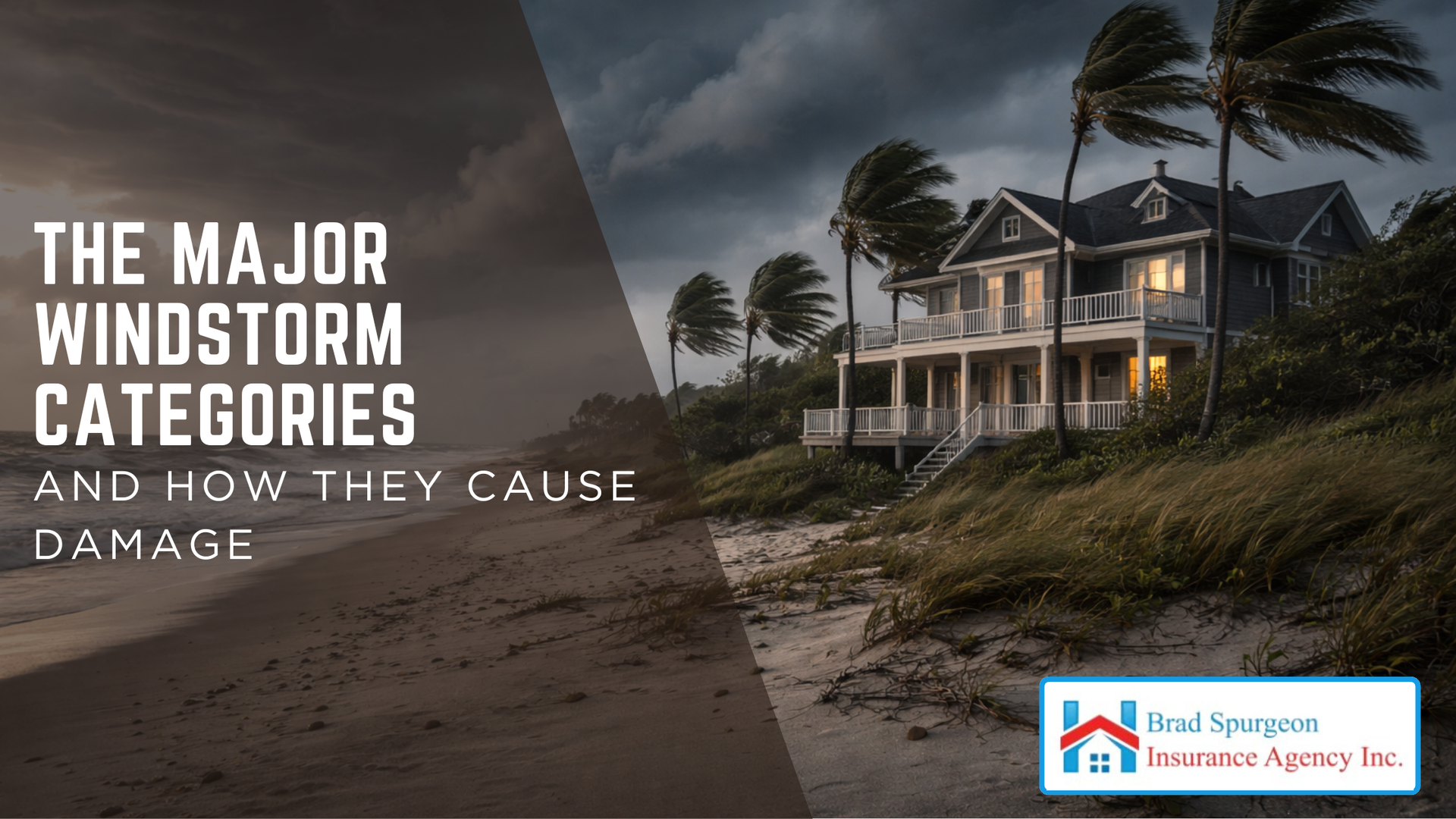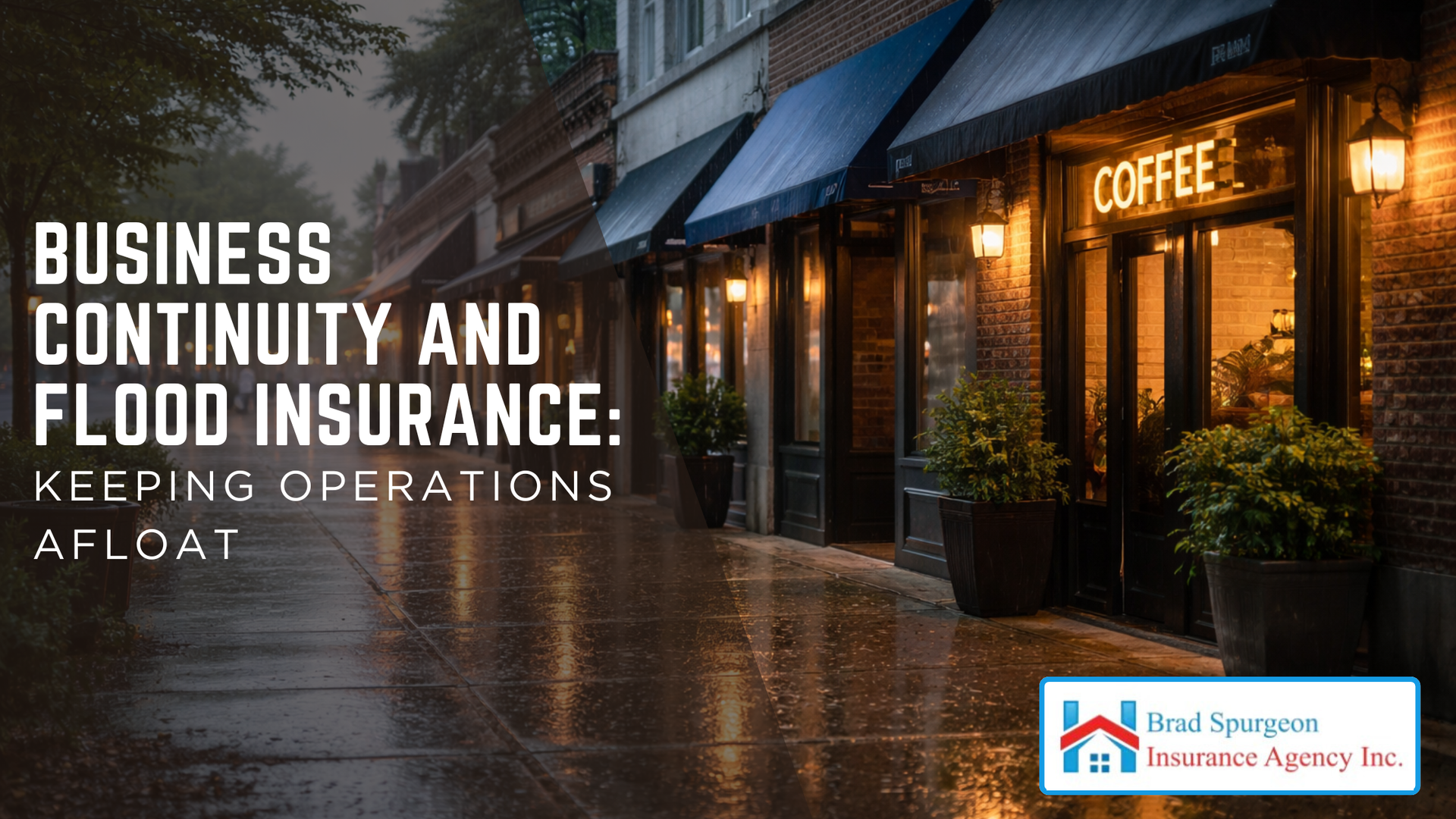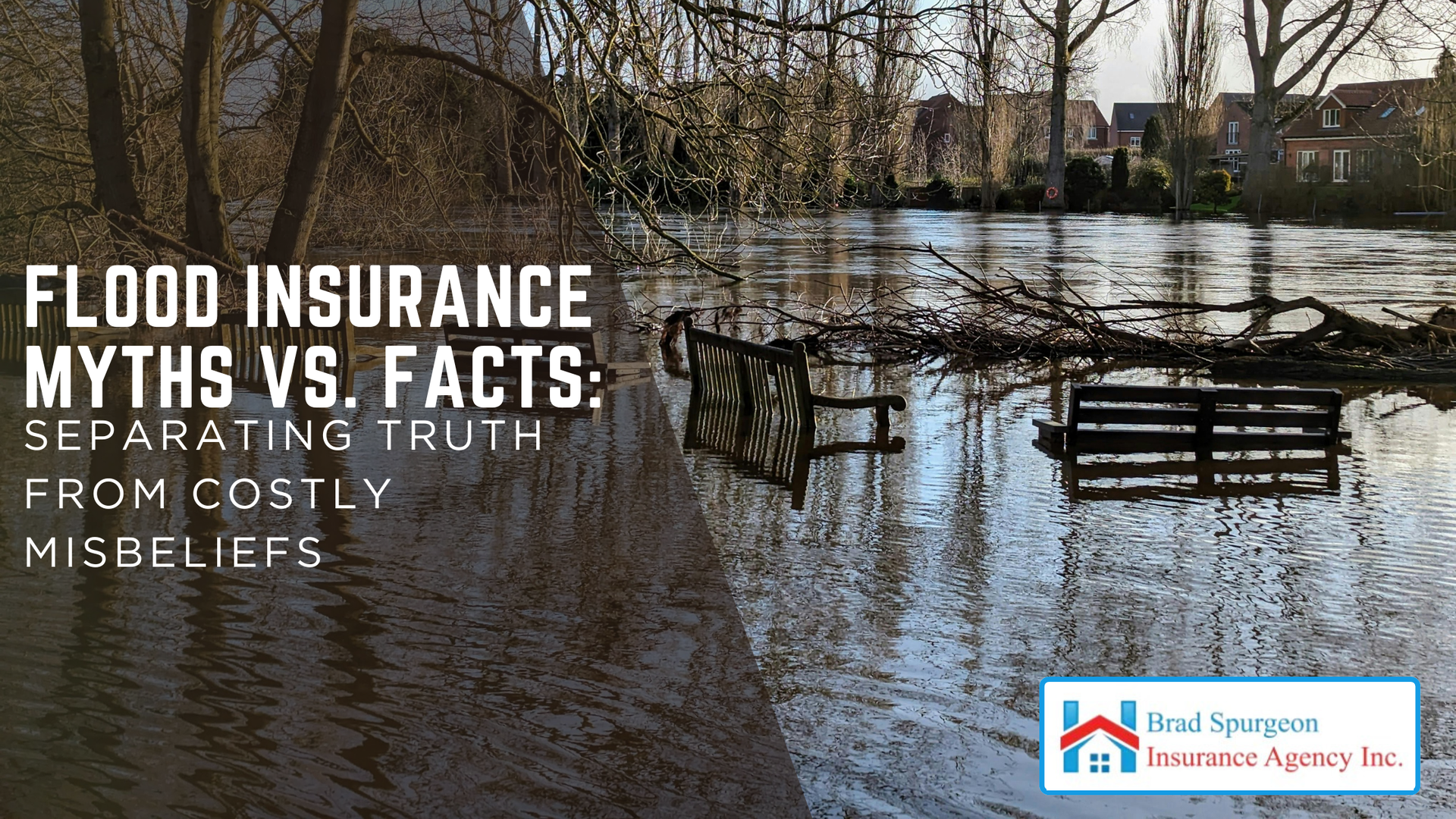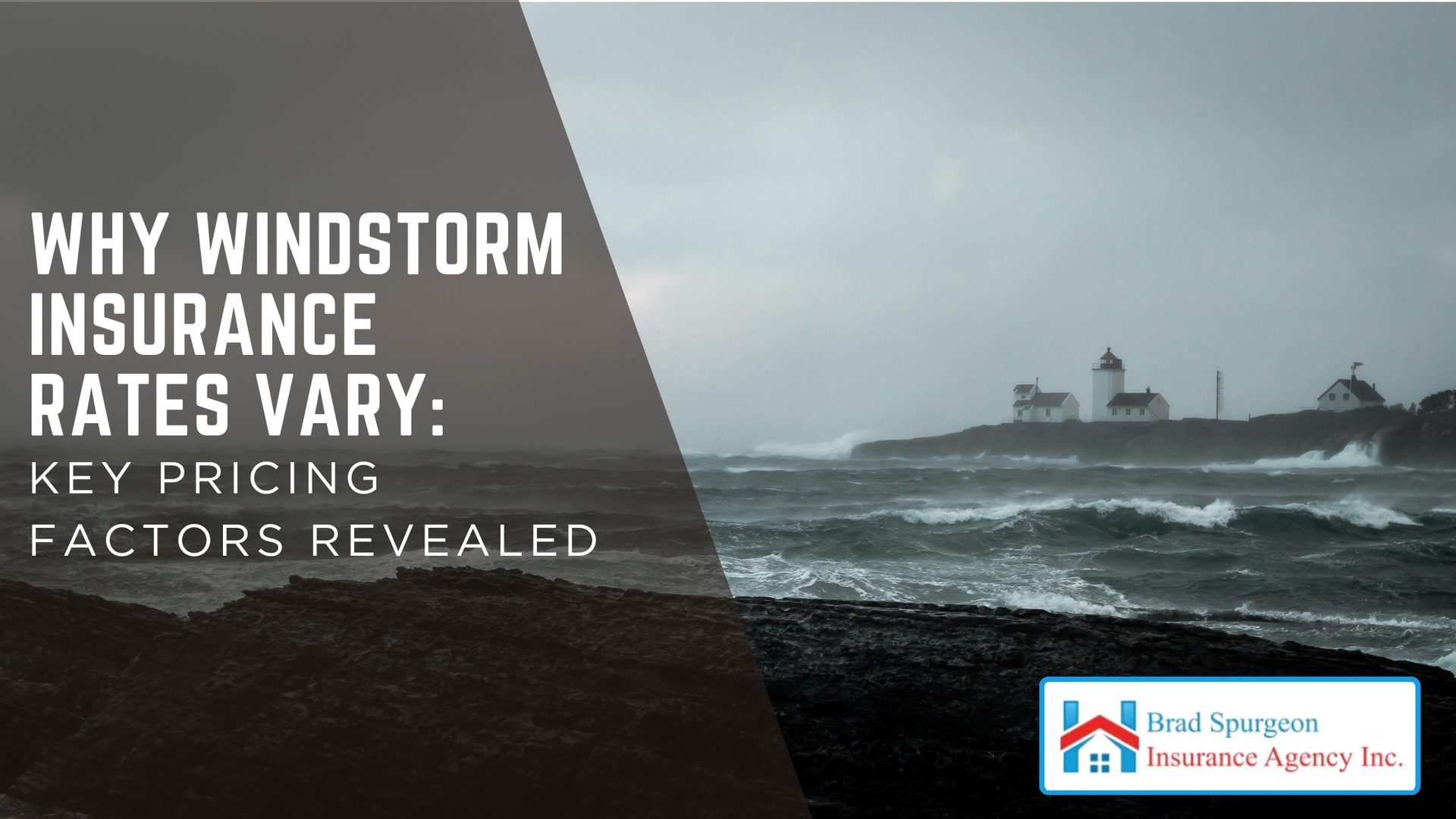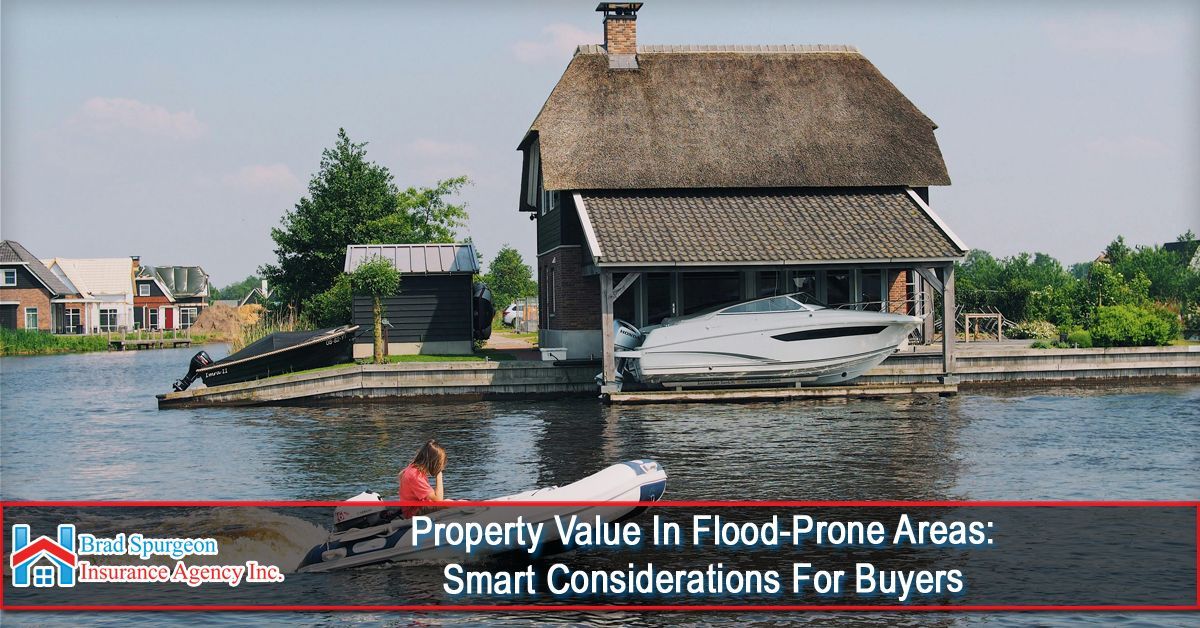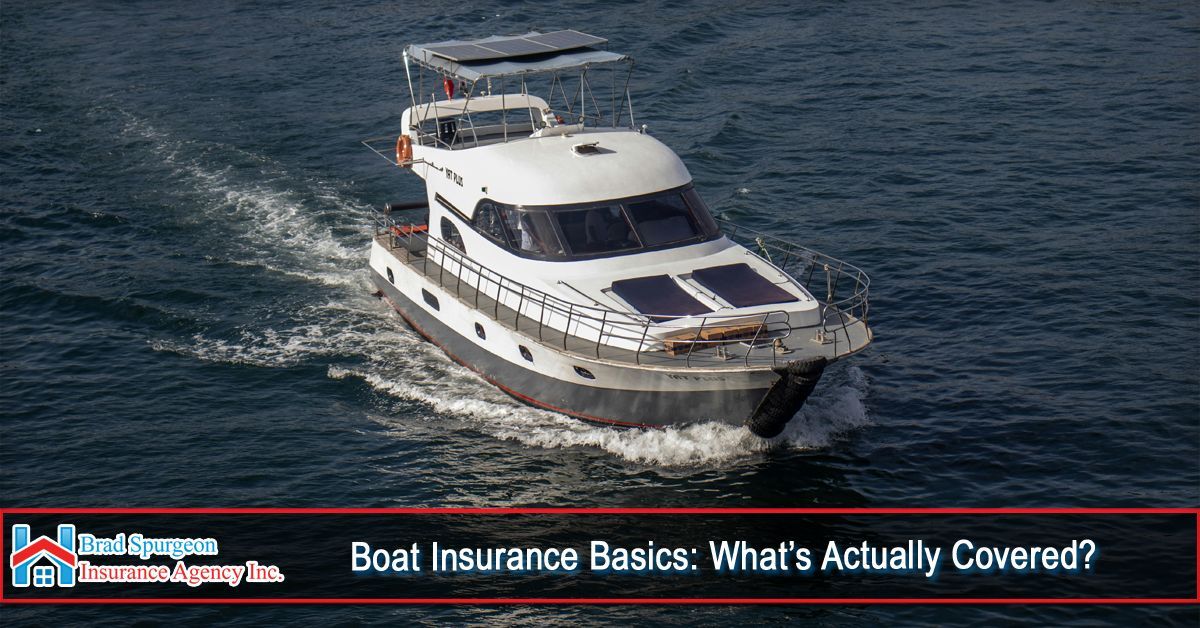
Owning a boat brings freedom, adventure, and relaxation—but it also comes with responsibility. Whether you enjoy fishing, cruising, or weekend trips on the water, boat insurance is essential for protecting both your vessel and your financial well-being. Many boat owners are surprised to learn that damage or liability from boating accidents isn’t covered under standard homeowners or auto insurance policies. That’s where boat insurance comes in.
This guide explains what boat insurance typically covers, what may require additional protection, and how to make sure you have the right policy for your needs.
What Is Boat Insurance?
Boat insurance is a type of policy that helps cover the cost of damage, loss, or liability associated with owning and operating a watercraft. It can apply to a range of vessels, including:
- Fishing boats
- Sailboats
- Pontoon boats
- Personal watercraft (Jet Skis, WaveRunners)
- Yachts
Policies vary based on the boat type, size, value, and how and where you use it.
Core Coverages in a Boat Insurance Policy
Boat insurance typically includes several key coverage features:
1. Physical Damage Coverage
This helps repair or replace your boat if it’s damaged due to:
- Collision with another vessel
- Dock or pier impact
- Storm or wind damage
- Fire, theft, or vandalism
What’s covered:
Hull, motor(s), anchors, sails, and permanently attached equipment.
2. Liability Coverage
If your boat causes injury to someone else or damages another vessel or property, liability coverage helps pay for:
- Repair costs
- Medical bills
- Legal expenses (if you are sued)
This is one of the most important forms of protection for boat owners.
3. Medical Payments Coverage
Regardless of who is at fault, this helps pay for medical expenses if you or your passengers are injured while boating.
Examples include:
- Emergency room visits
- Ambulance services
- X-rays and basic follow-up care
4. Uninsured/Underinsured Boater Coverage
Just like with auto insurance, not everyone on the water carries adequate coverage. This helps protect you if your boat or passengers are injured by someone without insurance or with too little insurance.
Additional Coverages You May Want to Consider
Depending on your boating lifestyle, you may want extra protection:

Where You Use Your Boat Matters
Boat insurance often includes navigation limits, meaning your coverage may only apply within certain geographic areas—for example, inland lakes, U.S. coastal waters, or international waters.
If you take your boat into different waters, be sure to confirm coverage boundaries with your insurer.
Local Note: In coastal communities like Texas City, TX, where boating is a popular lifestyle and storms can occur seasonally, reviewing your boat insurance regularly ensures your vessel and passengers are properly protected.
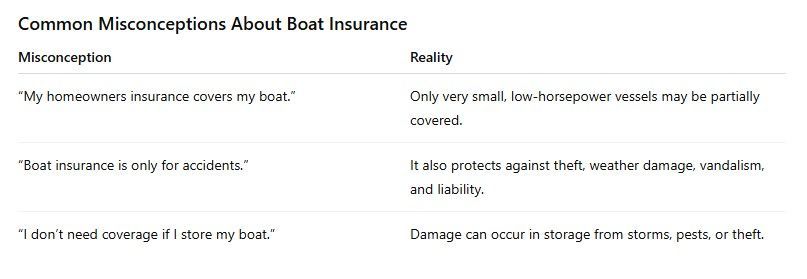
Tips for Choosing the Right Boat Insurance Policy
- Know your boat’s value – consider an updated appraisal if needed.
- Ask whether the policy uses Actual Cash Value or Replacement Cost.
- Check deductibles for storm, wind, and named hurricane events.
- Update your policy when you add new gear or accessories.
Final Thoughts
Boat insurance is more than a formality—it’s an essential safeguard for your property, finances, and peace of mind. With the right policy, you can relax and enjoy your time on the water knowing that your vessel and passengers are protected against the unexpected.
Before your next trip, take time to review your coverage and make sure it matches your boating lifestyle and risk level. With a well-tailored boat insurance policy, every adventure feels a little safer.
At Brad Spurgeon Insurance Agency Inc., we aim to provide comprehensive insurance policies that make your life easier. We want to help you get insurance that fits your needs. You can get more information about our products and services by calling our agency at (409) 945-4746. Get your free quote today by CLICKING HERE.
Disclaimer: The information presented in this blog is intended for informational purposes only and should not be considered as professional advice. It is crucial to consult with a qualified insurance agent or professional for personalized advice tailored to your specific circumstances. They can provide expert guidance and help you make informed decisions regarding your insurance needs.
